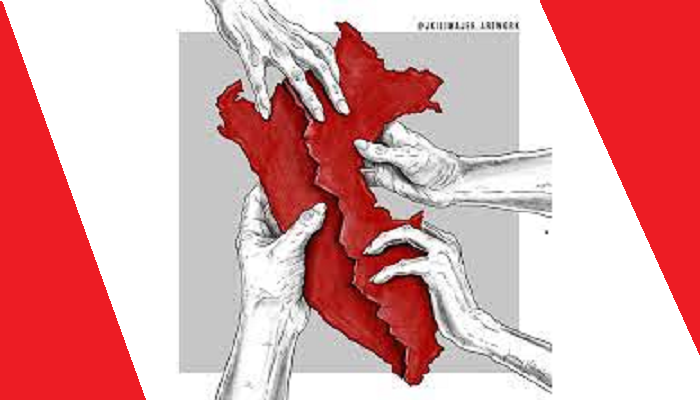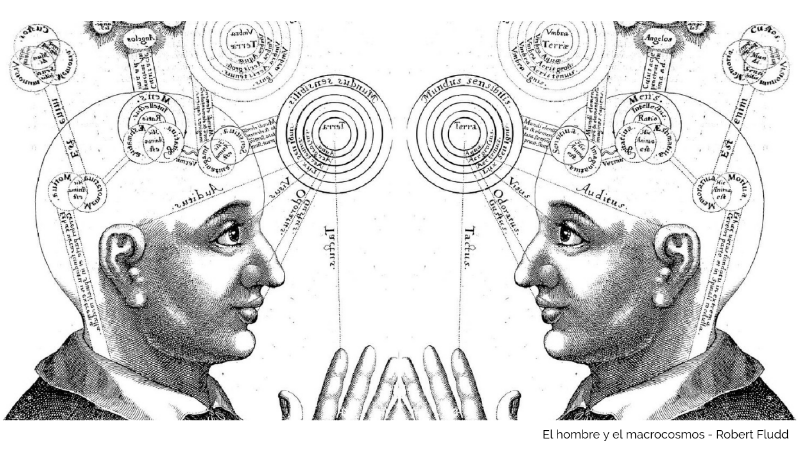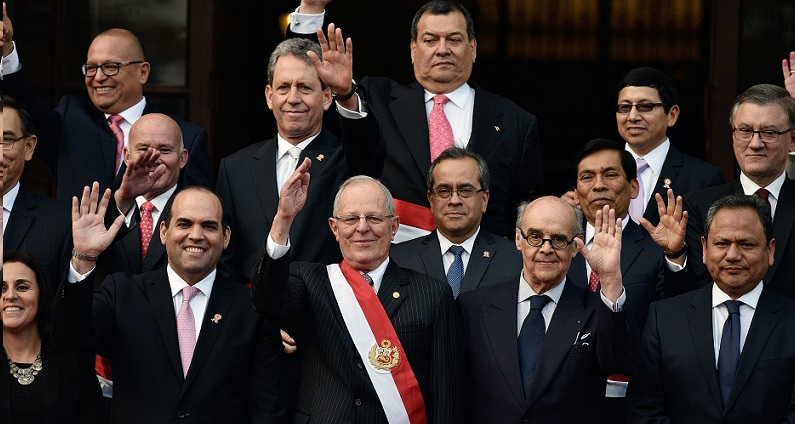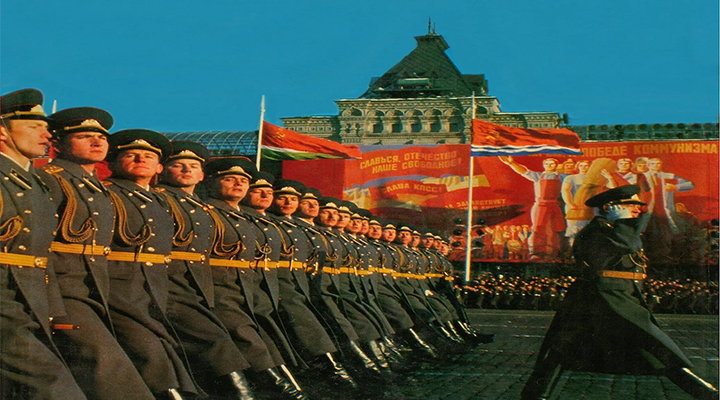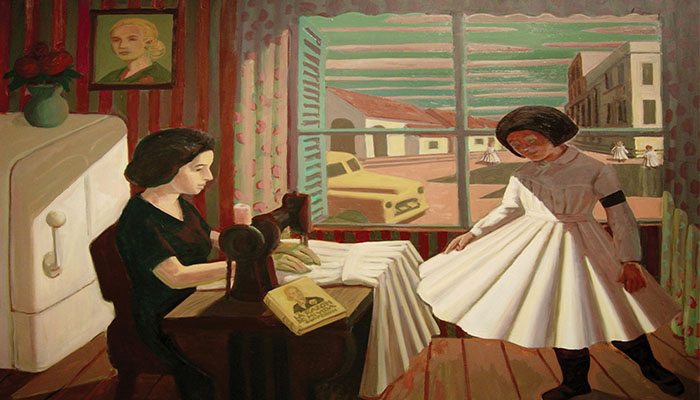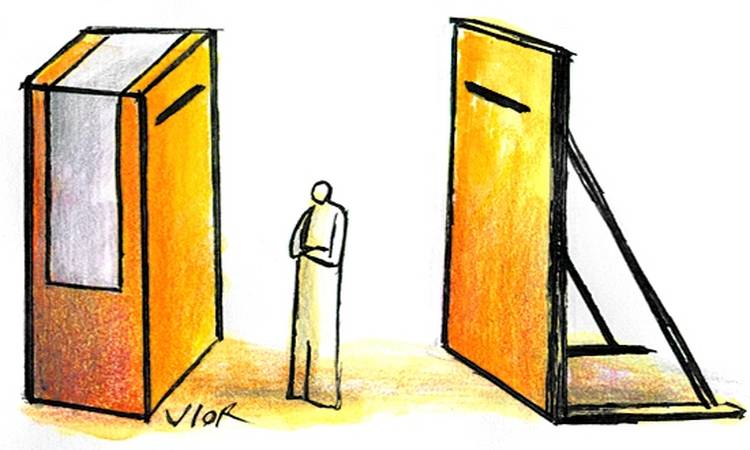ANALYSIS AND POLITICAL THEORY
How did Jacques Lacan think?
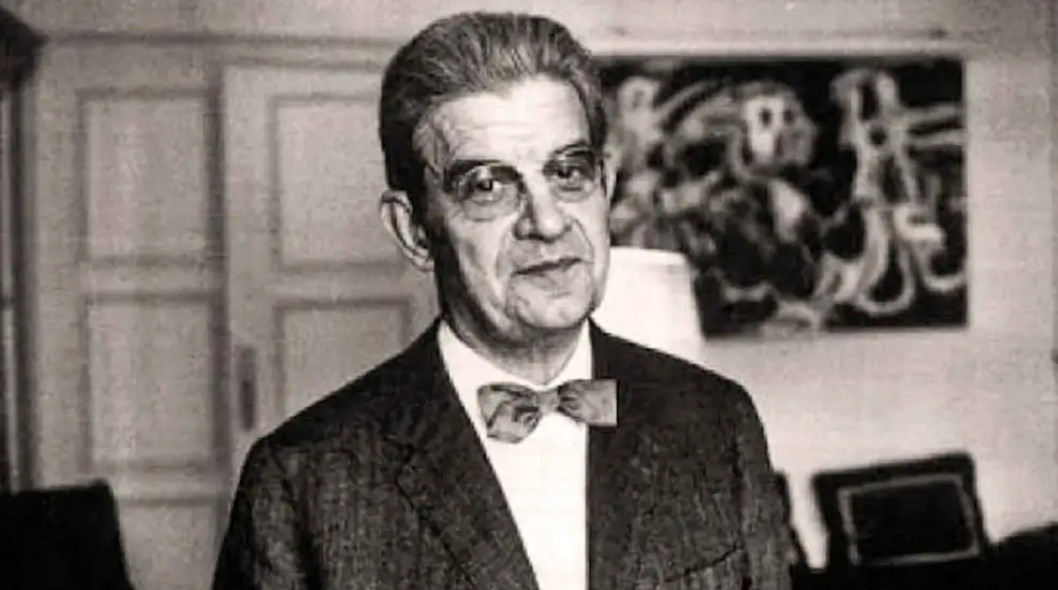
Por: Dr. Antonio Bazán (Filósofo, Politólogo)
Jacques Lacan thought and built his psychoanalytic theory, mainly, with two languages and two methodological forms: He used logic to transpolate categories from other disciplines into psychoanalysis, and transform them by “ceteris paribus” into psychoanalytic categories; and used mathematics as an underlying method for thinking. This article aims to determine the way of thinking of the ideographic, qualitative intellectual, based on the case of Lacan and his theory of the “subject”. Therefore, it is necessary to make a brief genealogy of the construction of his work, of its three registers: the imaginary, the symbolic and the real. He structures his proposal, basically, on pieces of thought from Claude Levy Strauss, Ferdinand de Saussure and Friedrich Hegel. Lacan reads Freud through Claude Levy Strauss and his proposal of structural anthropology. He took the concept of “structure”, which he defined as a set of elements that make up a co-variable set, and whose logic is that, if one element of the set is modified, then the entire structure is modified. Here is the first epistemology about the Lacanian structuring of the subject. For him, the subject is a product of culture. Lacan assumes the symbolic register as the dominant dimension. It tries to unravel the symbolic structure that determines the subject. The twenty-seven seminars, or lessons, given one per year, are crossed by a gnoseological common thread that organizes, or periodizes, his work in three stages. A first, between 1953 and 1960, which covers the first seven seminars, and which Lacan himself called a return to Sigmund Freud. At the outset, Lacan opposes his proposal of the “subject” to the ideas of the “ego” and “drive.” A second, in which Lacan reads Sigmund Freud Freud through Ferdinand de Souseure and his linguistic, symbolic proposal. The idea is that there is no correspondence between the word and the thing, and that what we are dealing with is searching in the “linguistic sign.” That is, in the meaning-signifier relationship. Of course, there is a context in this relationship, which is what gives “the value of the word.” Thus, the linguistic sign appears indissoluble. For Soussure, what can be modified is the value of the sign. Lacan modifies Saussure, to the point that he inverts the linguistic sign, or the signifier-signified relationship. For Lacan, what predominates is the signifier. It happens that the subject becomes the signifier, and, at the same time, the relationship between signifier and signified is always on the verge of being undone. For Lacan, the fundamental mechanisms of the unconscious are mechanisms of discourse, and are found in “metaphor” and “metonymy.” The subject is taken by the “signifying chain.” Therefore, Lacan's first definition of the subject is based on the primacy of the signifier. Lacan says that “A signifier is what a subject represents for another signifier.” As we see, for Lacan there is no autonomous “I”, but rather the subject that is taken by the signifying field, by the symbolic field of the other. A third, in which Lacan also reads Freud through Friedrich Hegel, and his concept of “desire”, addressed in the book The Dialectic of the Master and the Slave. Lacan takes some basic concepts from Hegel. It happens that Hegel questions the constitution of man, and his relationship with the world. This philosopher maintains that there are two moments in the human constitution, one after the other. One, which he calls “consciousness itself”, in which man faces the world, but in a passive and contemplative way; and another, which he calls “consciousness for himself”, in which man is aware of his confrontation with the world, and acquires awareness of himself. Hegel thinks that man's becoming conscious is a process that implies the disappearance of the knowing subject in the contemplated object. Man is absorbed by the contemplated object, to the point that he stops thinking about himself, he forgets about himself. Hegel thinks that there is no path that takes man out of the state of contemplation and returns him to himself. May it lead you from consciousness to self-awareness. Hegelianly, Lacan maintains that desire is the desire of another desire. Thus, what we men desire is the desire of the other. Finally, this article has taken the category “subject” to unravel Lacan, since it occupies the center of the construction of his psychoanalytic theory, and is useful to understand how Jacques Lacan thought.
<< For Lacan, the fundamental mechanisms of the unconscious are mechanisms of discourse, and are found in “metaphor” and “metonymy.” The subject is taken by the “signifying chain”...>>
2024-06-24 14:48:01
Visitas: 251

Kamala Harris vs Donald Trump Who won the debate?
The second presidential debate 2024 between Donald Trump vs Kamala Harris
Leer más...
WHY TAKE THE 2030 AGENDA SERIOUSLY?
The 2030 Agenda includes all those problems that today are at hand and can be solved by the great tr...
Leer más...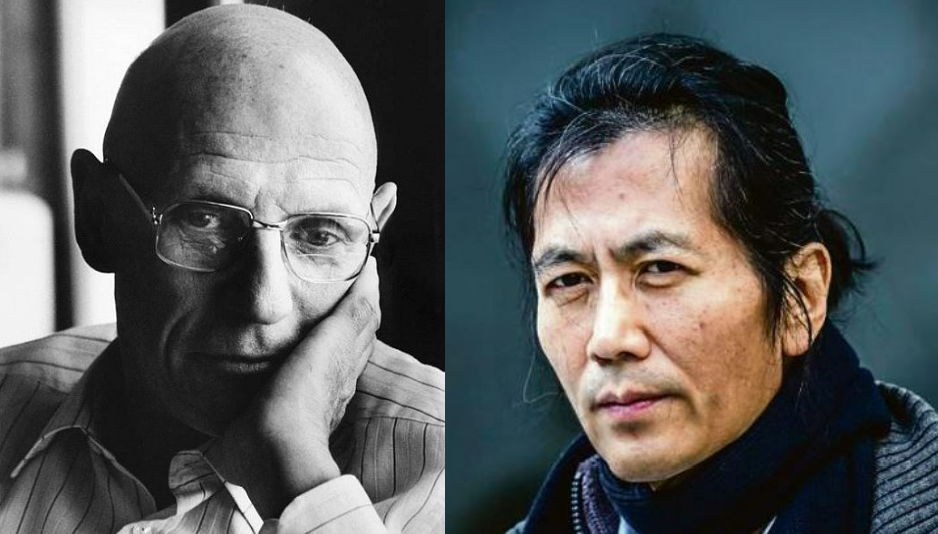
Michel Foucault and Byung-Chul Han en el Perú
Michel Foucault and Byung-Chul and their postulates on biopolitics and psychopolitics
Leer más...
The crisis in Haiti: multidimensional analysis of its causes, consequences and futuro
aggravated since the social outbreak of February 2019, which has become what many today describe - a...
Leer más...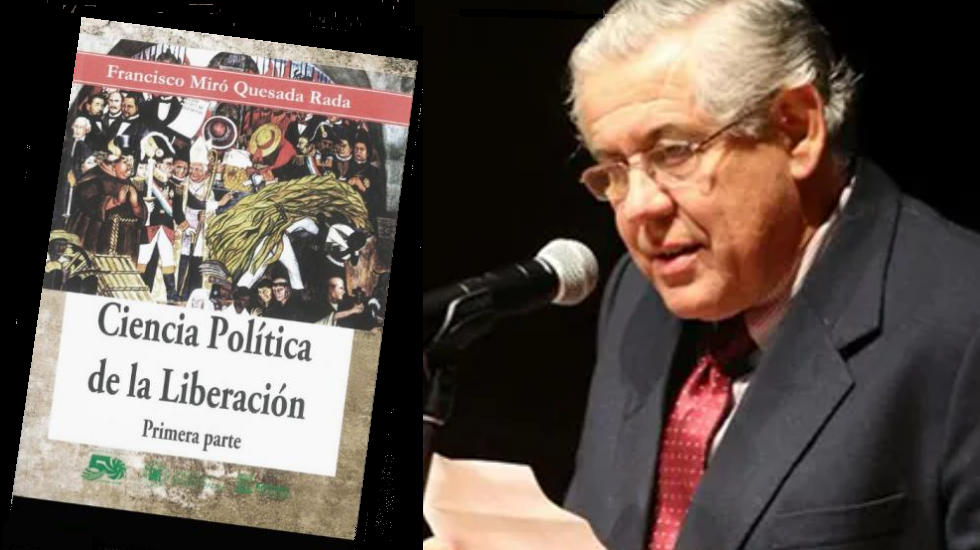
Miró Quesada Rada and the political science of self-liberation
The political science of liberation is a system with diverse sources, typical of social philosophy a...
Leer más...
How did Jacques Lacan think?
For Lacan, the fundamental mechanisms of the unconscious are mechanisms of discourse, and are found ...
Leer más...
How did Jacques Lacan think?
For Lacan, the fundamental mechanisms of the unconscious are mechanisms of discourse, and are found ...
Leer más...